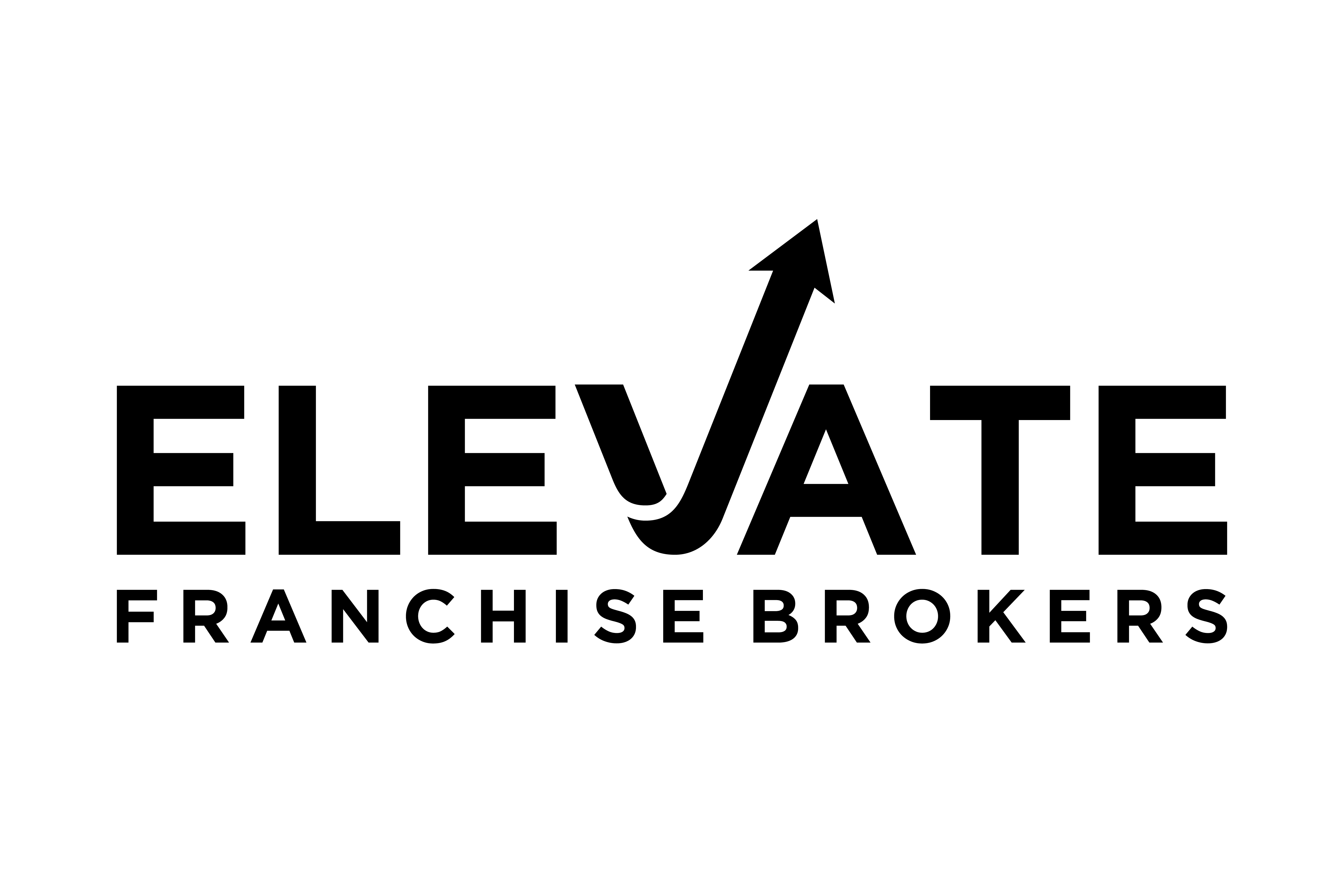As an aspiring franchisee, you may wonder if franchising is the right fit for you. Franchising can be a great way to start your own business while benefiting from an established brand and business model. First, however, it's essential to consider whether you have the right skills, experience, values, and mindset to succeed as a franchisee. Ultimately, you must answer this question: "Which Franchise is Right for Me?"
Critical Factors for "Which Franchise is Right for Me?"
1. Business experience
Do you have experience running a business or managing a team? While you don't necessarily need prior business ownership experience to be a successful franchisee, it can be helpful. Franchisors will typically provide training and support, but having a basic understanding of business operations, financial management, and marketing can help you hit the ground running as a franchisee. In addition, to help new franchisees, many franchisors provide mentoring and coaching. Plus, you will have a community of other franchisees that often will help each other.
2. Personal Characteristics
Franchising requires a specific set of personal traits that can help you succeed. These include motivation, self-discipline, attention to detail, and strong communication skills. You should also be comfortable following established processes and procedures, as this is a crucial aspect of running a successful franchise. However, that is a substantial benefit of franchising too. That is, you are given a proven, successful business model.
3. Financial resources
Starting a franchise requires financial investment, including franchise fees, startup costs, and ongoing expenses. Before committing to a franchise opportunity, it's essential to ensure that you have the financial resources to cover these costs. This may include personal savings, financing, or investment from outside sources. There are many franchise businesses you can start with as little as $25,000 to $100,000. And, if you have good credit, you can finance some of your investment.
4. Industry fit
Different franchisors operate in different industries, and choosing a franchise that aligns with your interests and strengths is essential. For example, if you have a background in food service, you may be well-suited for a restaurant franchise. On the other hand, a gym or fitness franchise may be a better fit if you have a passion for fitness. Choosing a franchise that aligns with your values, interests, and experience can help you stay motivated and engaged as a franchisee.
5. Commitment
Franchising requires significant time and effort, particularly in the early stages. You'll need to be willing to put in the work to establish and grow your business, often working long hours and weekends. Additionally, most franchisors require franchisees are 5–10-year contracts, so you'll need to be committed to the business for the long haul. Although, you typically can sell your business when you are ready.
6. Skill Set
Every franchise requires specific skills. It's essential to ensure that your skills match the needs of your franchise business. What skills are your strengths (or weaknesses), such as executive, leadership, financial, operational, or sales? For example, are you good at (or even like to) sell? Some franchises have minimal dependency on sales skills; in others, that is the primary skill franchisee need to have. In addition, you can find franchisors that offer support and complementary skills. For example, the franchisor may have a sales center that does most of the work in helping to close sales.
7. Compatibility with the franchisor
When considering a franchise opportunity, evaluating whether you're a good fit for the franchisor's culture and values are essential. You'll be working closely with the franchisor and their support team, so it's critical to feel comfortable and aligned with their approach to business. This can include factors like their communication style, level of support, and expectations for franchisee performance.
8. Lifestyle Needs
Are you looking for a home-based or a brick-and-mortar operation? Are you ready to work full-time, or are you looking for something that is semi-passive, or are you looking for an absentee-investor model? Some franchisors expect you to be full-time in the business, and others are better at supporting an absentee-investor model. Some require you to be full-time for the first 9-12 months and then enable you to be semi-passive after that. So, think about what you are looking for.
Thoughtful Franchise Evaluation and Analysis.
Ultimately, determining whether you're the right fit for franchising requires a thoughtful evaluation of your skills, experience, and personal characteristics, as well as a thorough understanding of the franchise opportunity and its requirements. Here are some steps you can take to determine if franchising is the right fit for you:
- Research franchise opportunities: Research different franchise opportunities in your area of interest. Look for franchises that align with your skills and interests and have a proven success track record.
- Attend franchise expos and events: Attending them can be a great way to meet franchisors and learn more about their opportunities. This can also be an excellent opportunity to network with other franchisees and get a sense of the franchising community.
- Talk to current franchisees: Reach out to existing franchisees in the system you're considering and ask them about their experience. Ask about the level of support they've received from the franchisor, their daily responsibilities, and any challenges they've faced.
- Evaluate your finances: Before committing to a franchise, be sure to evaluate your financial
Get Help from a Franchise Consultant
With over 4,000 franchisors in the United States, finding the ideal franchise can be daunting. But franchise consultants have the experience and tools to assess your goals, values, workstyles, skills, interests, lifestyle needs, and financial capacity – and then match them to the right franchises that best fit you. And many franchise consultants provide these services at no charge.

